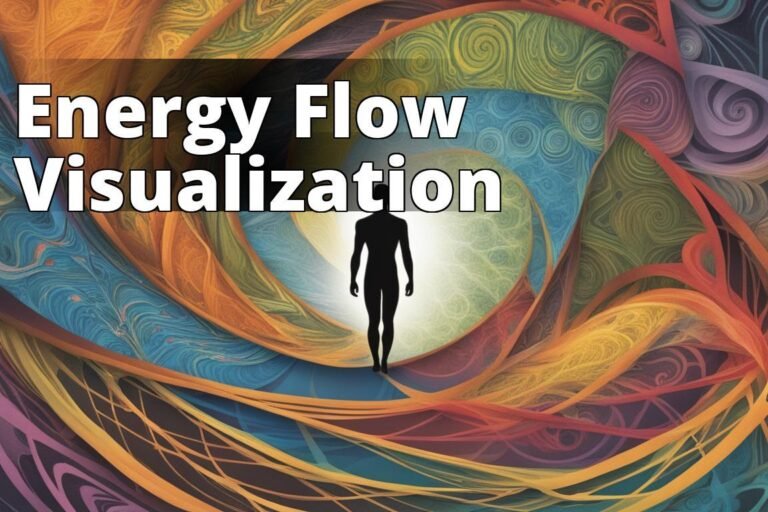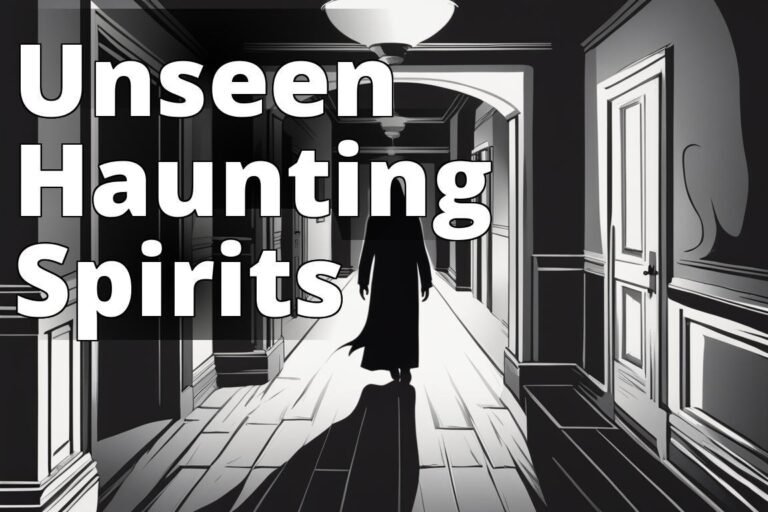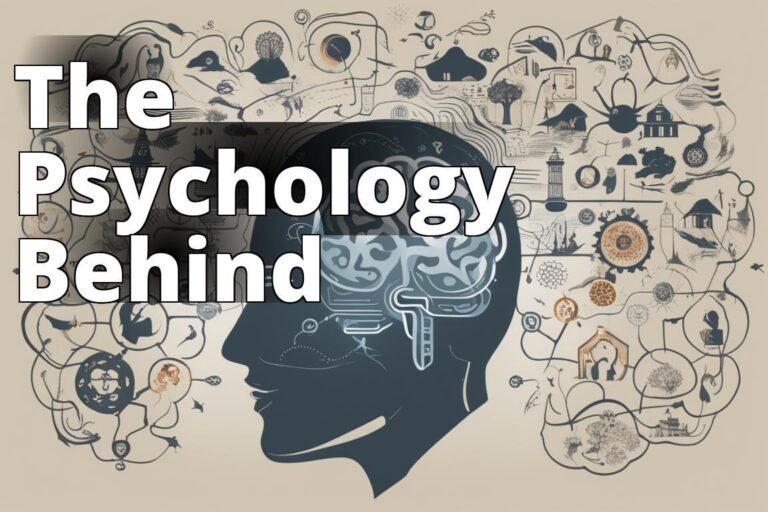What Are Ghosts? The Science of Ghosts and Hauntings
In the quiet, shadowy corners of our world, where the veil between what we see and what we sense thins, the question arises: Are ghosts real? This isnt just a query for the curious; it’s a journey into the heart of what we understand about the unseen. Ghosts, spirits, apparitionswhatever name you give them, theyve been a point of fascination and fear for as long as humanity has told stories. But what does modern insight tell us about these entities? Are they the spirits of the dead, energy imprints left behind, or perhaps something entirely different? Lets delve into the fascinating world of ghosts, blending science, history, and personal anecdotes to uncover the truth behind these ethereal entities.
Learn about Understanding Ghosts
- Ghosts are spirits of the dead: They are believed to be apparitions of deceased individuals.
- Science and psychology play roles in ghost beliefs: The understanding of ghosts involves scientific, psychological, and historical perspectives.
- Different types of ghosts exist: Apparitions, poltergeists, and hauntings are common types of ghosts discussed in the study of spirits and hauntings.
What Are Ghosts? The Science of Ghosts and Hauntings
What Is a Ghost?
A ghost, as traditionally conceived, is thought to be the spirit or soul of a deceased person or animal that can appear, in various forms, to the living. This definition, however, barely scratches the surface. My grandmother always said, Ghosts are the memories of the Earth, imprinted with intense emotion. Perhaps she wasnt far off from what some researchers suggest todaythat ghosts might be energy patterns, created by strong emotions or events.

The Science of Ghosts
The scientific community remains largely skeptical about the existence of ghosts, citing a lack of empirical evidence that can be consistently and reliably measured. Yet, there have been attempts to explain hauntings through environmental factorssuch as electromagnetic fields and infrasoundsuggesting that what we perceive as ghostly encounters may be physical reactions to unseen environmental stimuli.
Insider Tip: Dr. Fiona Broome, a leading paranormal researcher, suggests keeping a detailed log of environmental conditions during any suspected ghostly encounter to identify potential patterns or explanations.
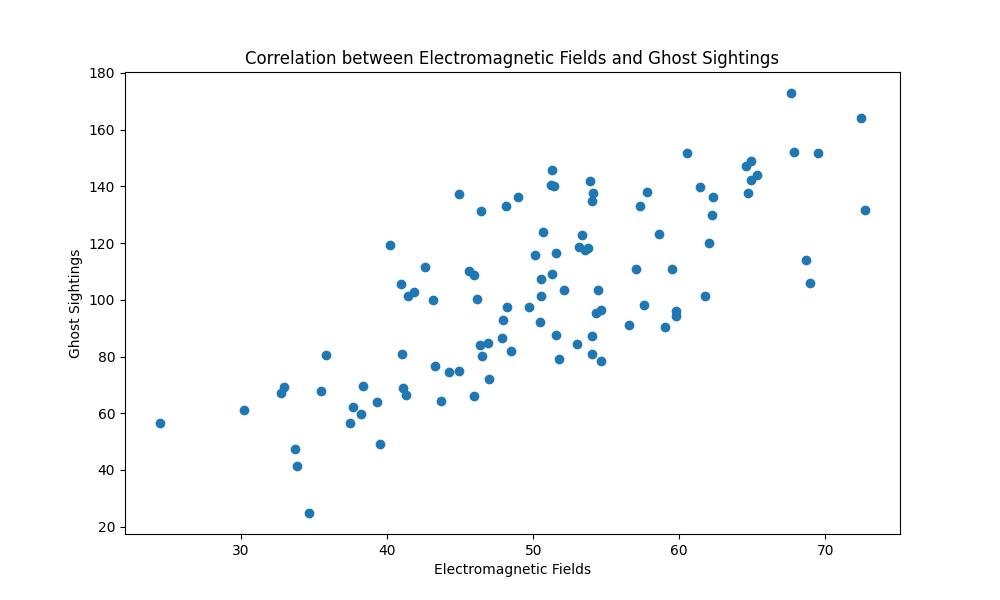
Types of Ghosts
Apparitions
Apparitions are what most people picture when they think of ghosts: the visible manifestation of a spirit. Personal experience has taught me that these encounters are as varied as the individuals who experience them. A friend of mine swore she saw her late father standing at the foot of her bed, a comforting presence in a time of need.
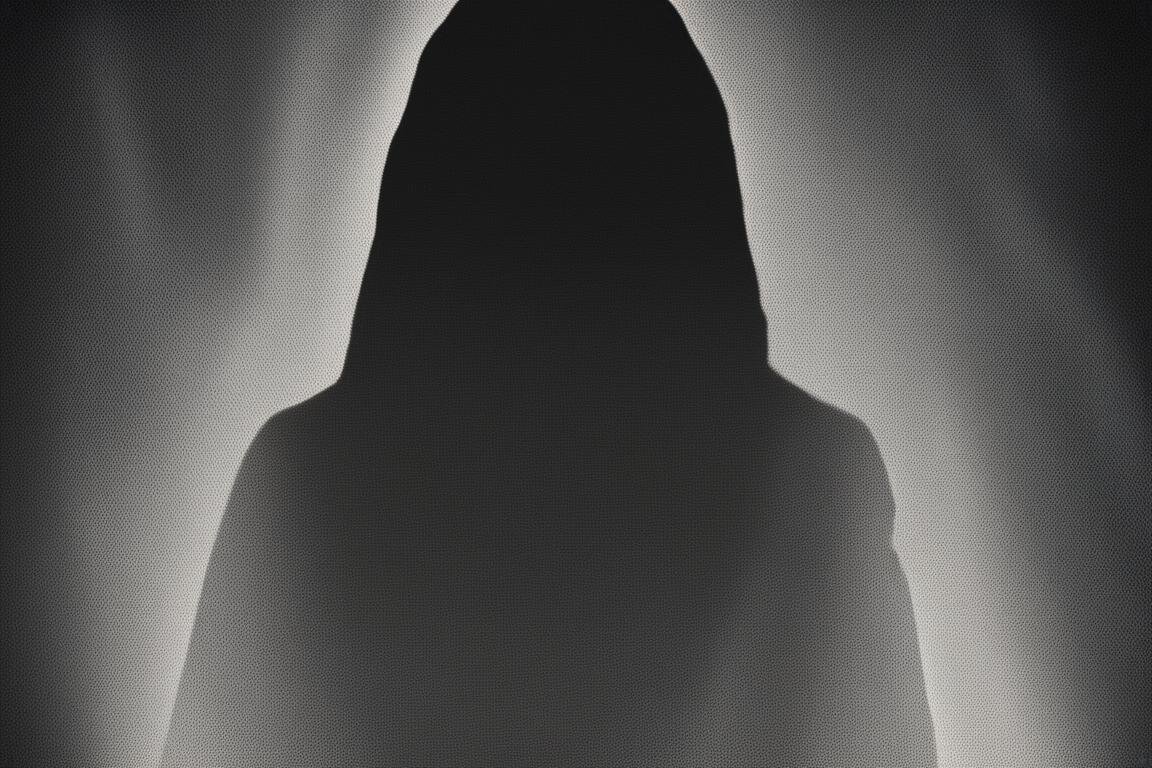
Poltergeists
Poltergeists, or noisy ghosts, are known for their ability to move objects and create unexplained noises. These phenomena are often attributed to mischievous spirits, but some researchers propose that poltergeist activity could be the result of psychokinetic energy from living individuals, particularly those undergoing emotional or psychological stress.
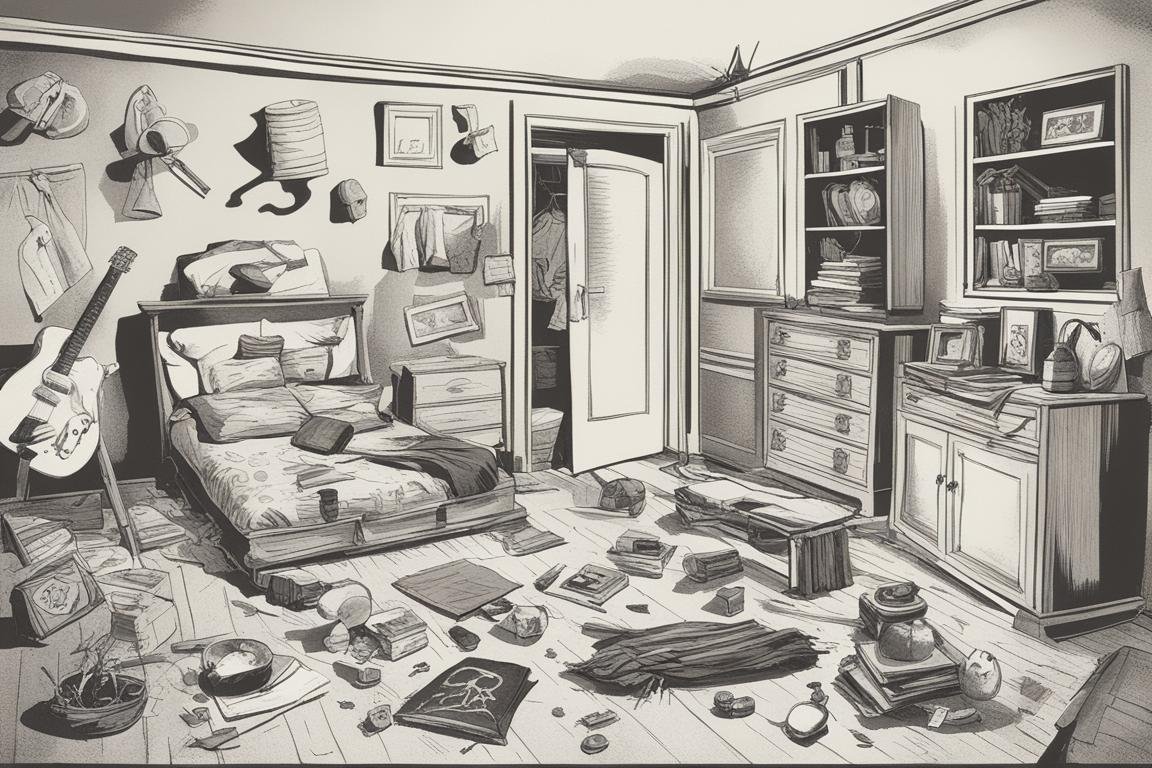
Hauntings
Hauntings are perhaps the most varied of ghostly phenomena, encompassing everything from benign presences to malevolent spirits. They can be tied to specific locations, objects, or people. The Stanley Hotel, famously inspiring Stephen Kings The Shining, is a prime example of a location said to be haunted by several spirits, each with their own stories and reasons for lingering.
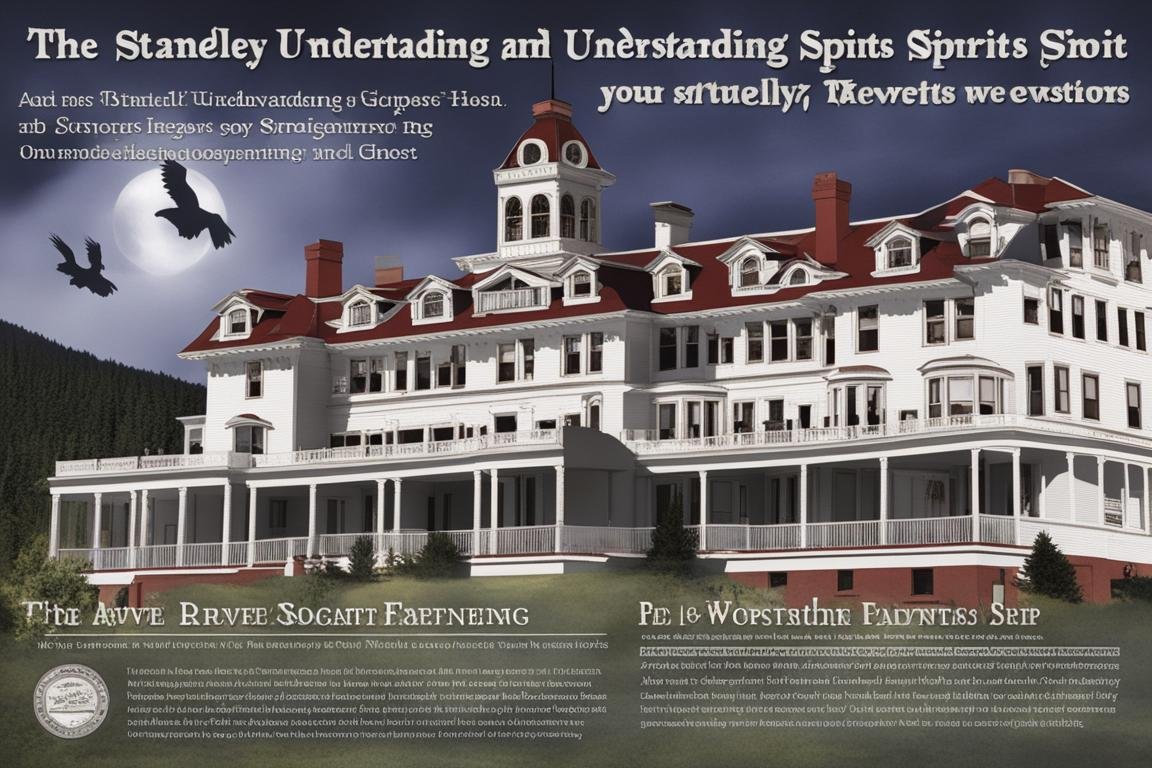
The History of Ghosts
Ghosts have been part of human culture since ancient times, appearing in the lore of nearly every civilization. These tales serve not only as entertainment but also as moral lessons, warnings, and a means to explain the unexplainable. The ancient Egyptians believed in the ka, a spiritual double that could dwell in statues of the deceased. In contrast, Victorian-era spiritualism turned communicating with the dead into a widespread practice, reflecting society’s obsession with the afterlife.
Insider Tip: Explore local legends and ghost stories in your area. You might be surprised at the rich history of hauntings that could be lurking right in your backyard.
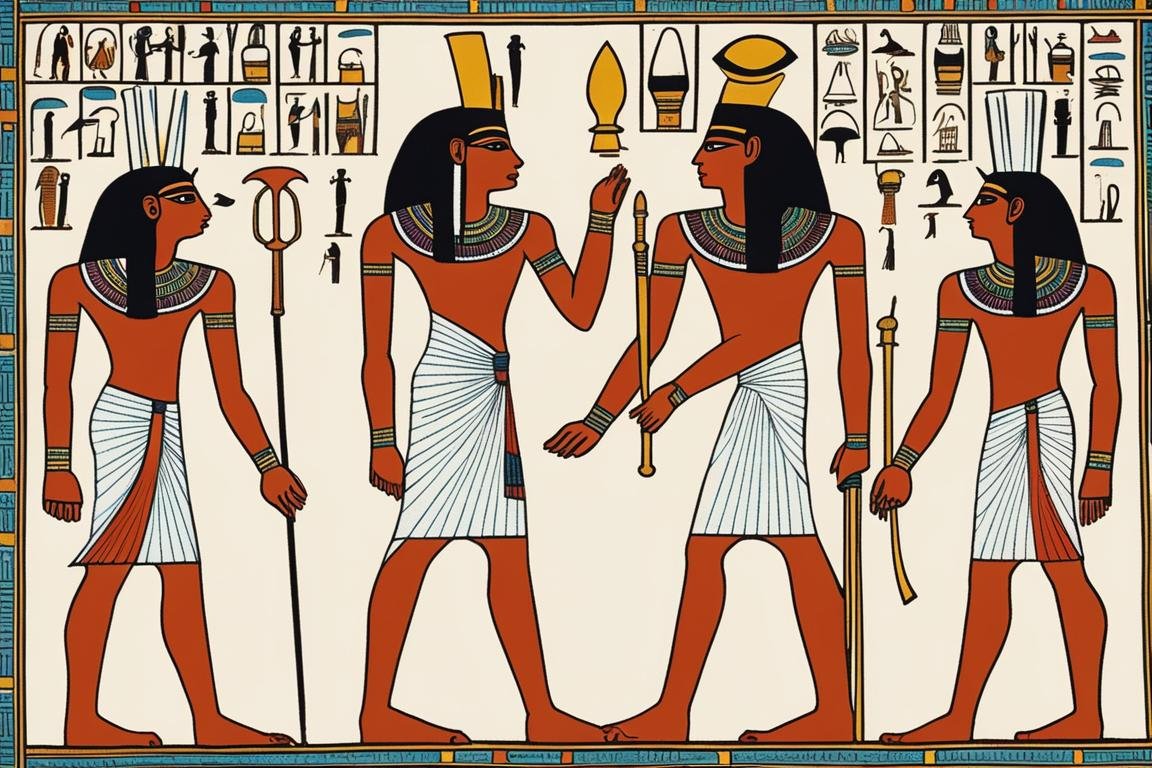
The Psychology of Ghosts
The human mind is incredibly powerful, capable of creating vivid experiences from memories, fears, and desires. Psychological explanations for ghostly encounters often involve the power of suggestion, where one persons experience influences another’s perception, or pareidolia, the tendency to perceive familiar patterns (like faces) where none exist.
Personal anecdote: I once spent a night in a reputedly haunted house and heard what I thought were footsteps in the hall. The power of suggestion was strong, given the house’s history, but it turned out to be the sound of old pipes.
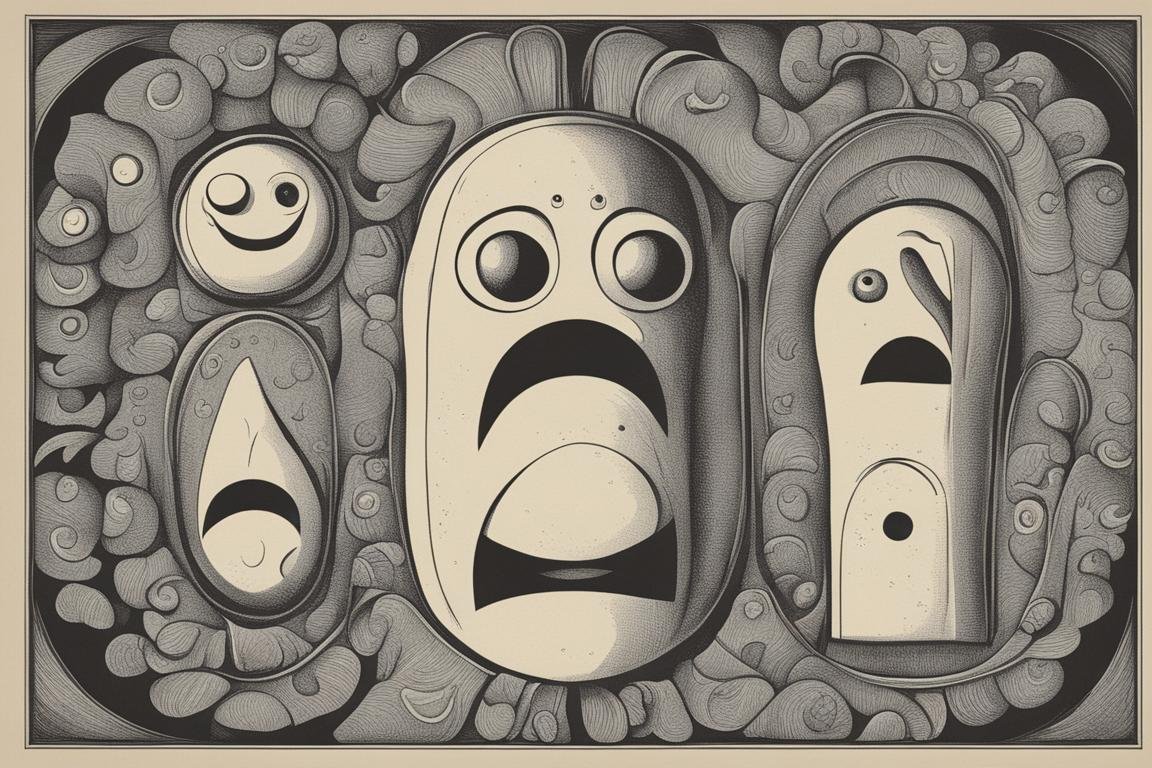
The Paranormal and the Unexplained
At the end of the day, the existence of ghosts remains a matter of belief. Science provides tools to explore and explain the world around us, but some phenomena elude easy explanation. Whether or not ghosts are real, the stories we tell about them reflect our fears, desires, and the human instinct to understand the unknown.
Insider Tip: If you’re ever investigating a haunted location, keep an open mind but also a healthy skepticism. Not everything unexplained is inexplicable.
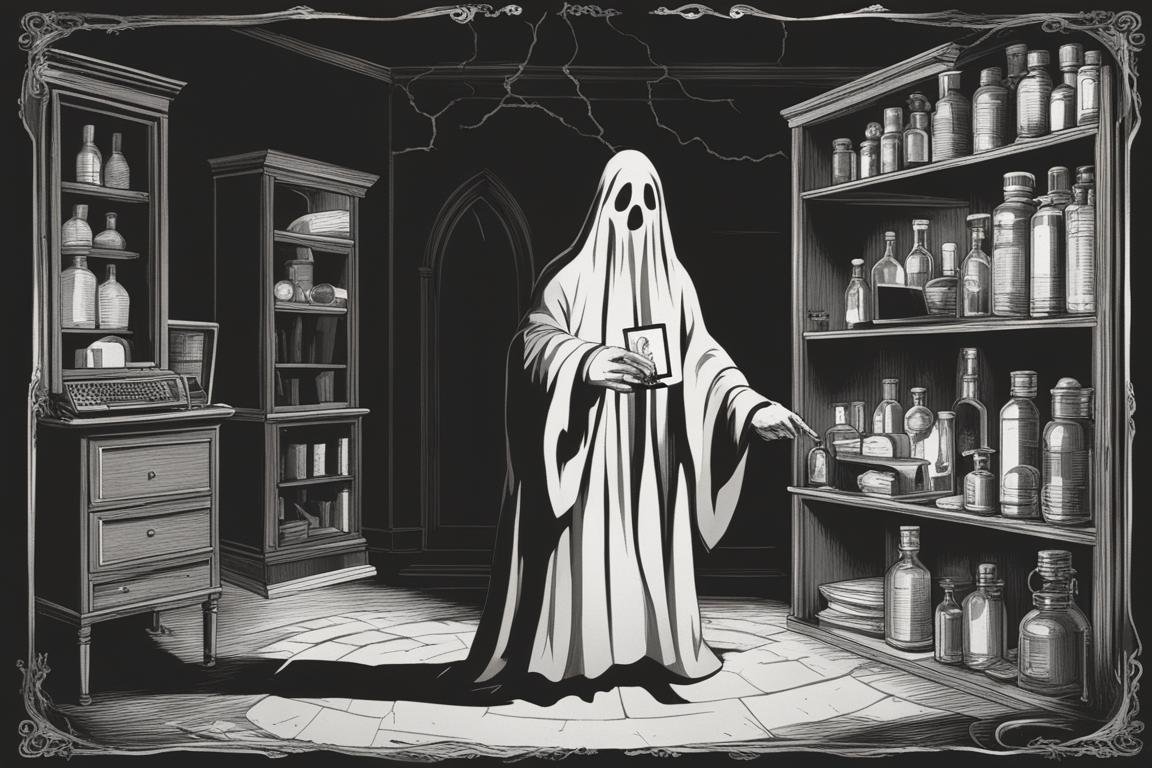
In conclusion, the question of whether ghosts are real may never be definitively answered. What is undeniable, though, is the impact these stories have on our culture, our understanding of the world, and on ourselves. Whether you believe in ghosts or not, there’s no denying the allure of the mystery they represent. Perhaps, in the end, that’s what truly mattersthe stories we tell and the search for answers, wherever they may lead us.
For further exploration into the world of ghosts and hauntings, consider delving deeper into the history of your local area or reading up on the latest scientific studies on the paranormal. And remember, the next time you feel a chill run down your spine in an empty room, it might just be the world telling its own stories.
Explore more about the paranormal and beyond at Thin White Lies.
Answers To Common Questions
Q. Who can see ghosts?
A. Some people claim to see ghosts due to heightened sensitivity or psychic abilities.
Q. What are ghosts?
A. Ghosts are believed to be spirits of the deceased that linger on Earth.
Q. How do ghosts communicate?
A. Ghosts may communicate through EVP, dreams, orbs, or by moving objects.
Q. Can ghosts harm people?
A. While some believe ghosts can be harmful, many encounters are harmless.
Q. How can I protect myself from ghosts?
A. You can protect yourself by setting boundaries, using sage, or seeking help from a spiritual advisor.
Q. Isn’t ghost activity just a myth?
A. While skepticism is common, many people have reported real encounters with ghosts.


